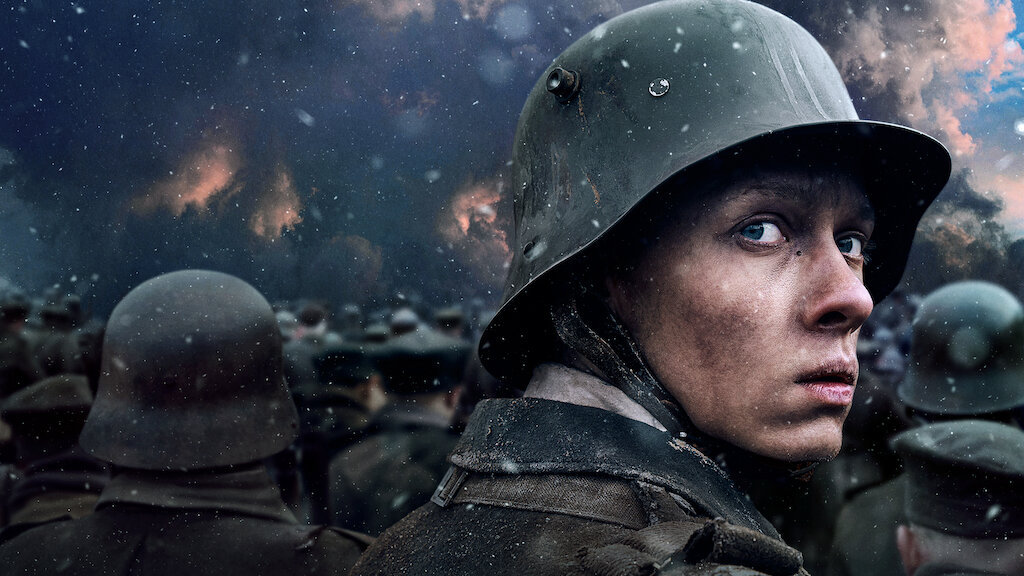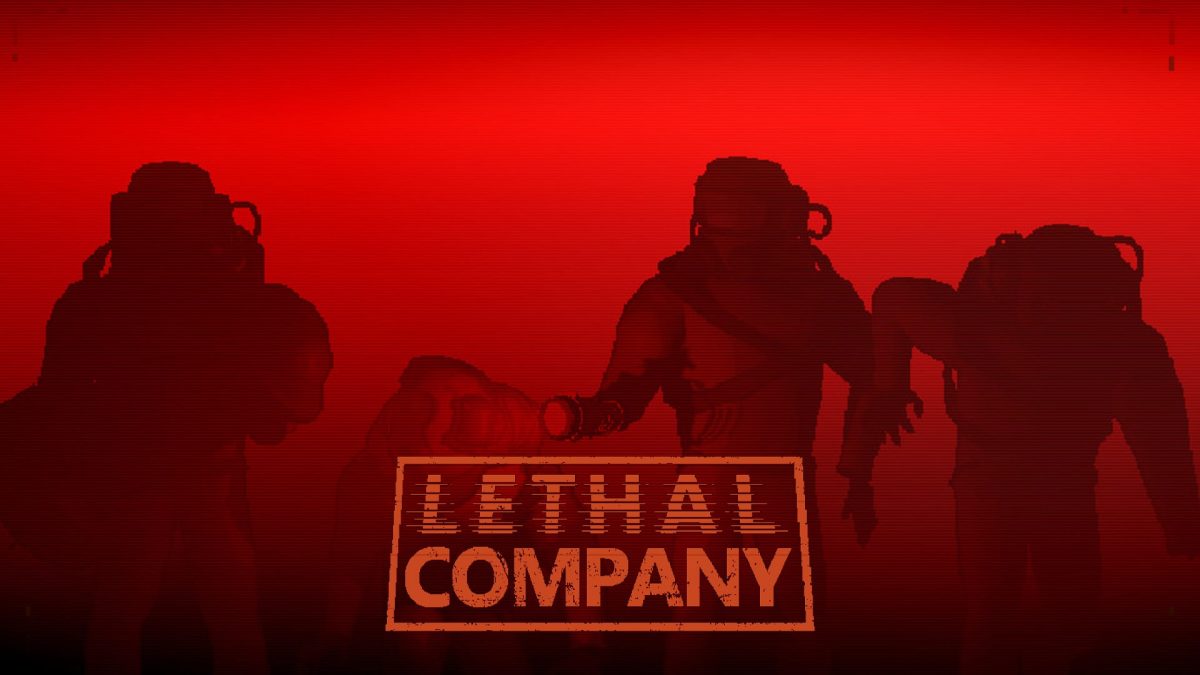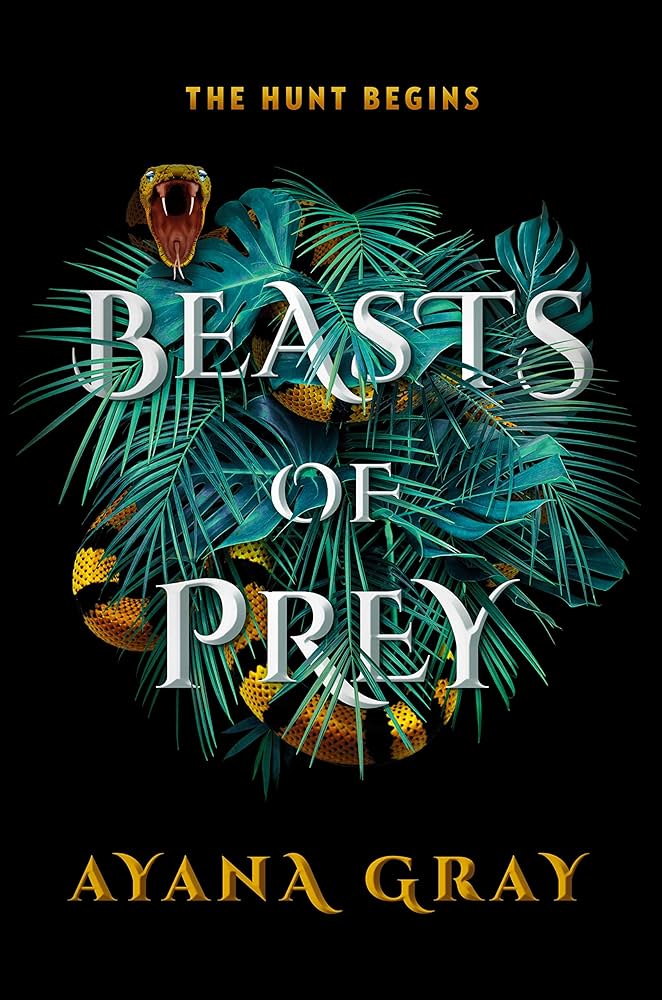He fell in October, 1918, on a day that was so calm and quiet on the front that the Army Report was limited to the sentence: There was nothing new to report in the West.
─ All Quiet on the Western Front (translated from the original German)
I wish I could say that there has been no better time to read Erich Maria Remarque’s All Quiet on the Western Front (1928) than now, but since its publication the tale has always been a profoundly poignant and regrettably relevant picture of warfare.
There is good reason to read the novel now, in a world currently wobbling on the edge of countless conflicts. In this climate of cross-continental chaos ─ in which many students in our school have personal stakes ─ the heart of the novel shines through, speaking both the too-often-unheard language of peace and the toll unchecked bloodthirstiness takes.
An inspiration to many non-violent movements, from nuclear disarmament to the anti-war rallies of Russia, the novel ─ inspired by Remarque’s own experience of the war ─ is a stunning plea to the people of his nation and the world, a tome of terror, an essay unending in its empathy and yet ravenous in its rage. Yes, I believe it is still both a remarkably written and requisite read for the modern age.
The First World War was a catastrophe on a scale that had never been seen before: a caravan of carnage, its rot rolling from one killing field to the next. Its effects were horrifically immediate: 15 million people dead, with visions of violence that would forever dance through Remarque’s head.
In 1928 he wrote All Quiet to show the public the horrors of war. The novel’s success cannot be understated; it portrays the war in a way that gives no room to guess its horrors. Its intentionally warning words and paragraphs tell of terrors beyond day and night: corpses cruelly caressed by cold mud and ravaged by carnivorous crows, soldiers barely old enough to be called men killed where they had stood.
By reading All Quiet one not only learns to understand the First World War on a paralysingly personal level, but also to more generally understand clashes between nations. Ukraine, Israel, Congo, the Sudans, Indonesia ─ if you wish to witness wandering through the wastelands of these, there is no better place than All Quiet.
However, the novel also tells its readers to riot.
All Quiet is perhaps the primary paperback which speaks to the military’s marketing to high schoolers. Teachers tell Paul Bäumer ─ our protagonist ─ tales of the imperial invasions, the crusade-like conquest, and the glorious God-given successes of his emperor on a daily basis. War is marketed to him from morning to midnight, before the blitz of war has even begun no less. The military is manipulating you, the novel says, it tells you tales of triumph only to turn you into a killer.
The novel screams its pointed anger this propaganda to the heavens. It gives us glances into Paul’s gleeful childhood and then presents his future, battered and broken.All Quiet on the Western Front is a terrific war tale, from its gluttonous gore to solemn silence. Give it your time, and you will forget neither its message nor its violence.













